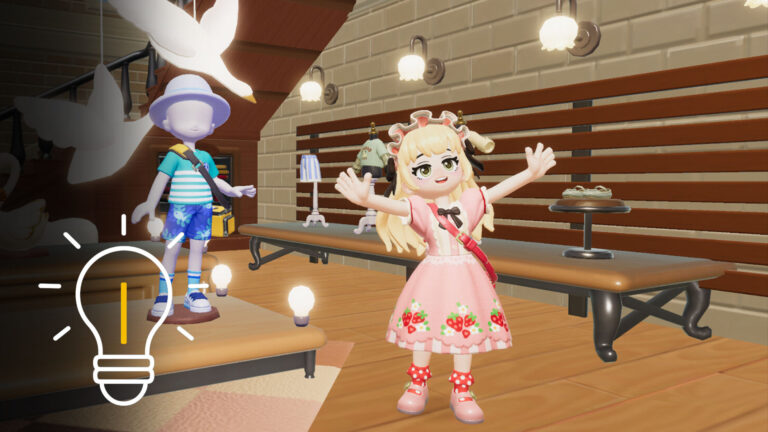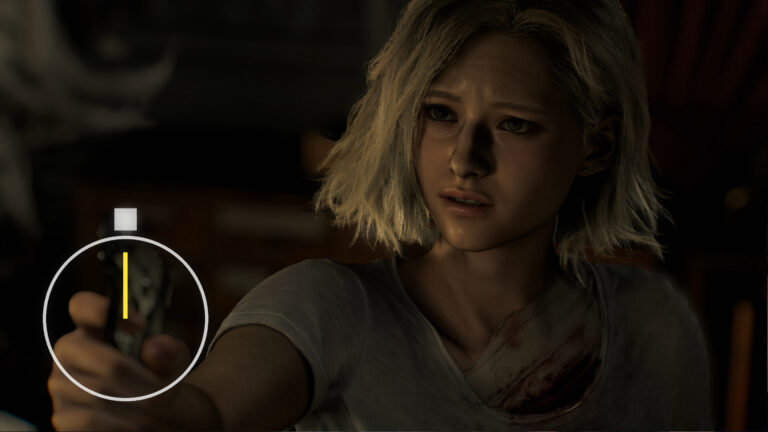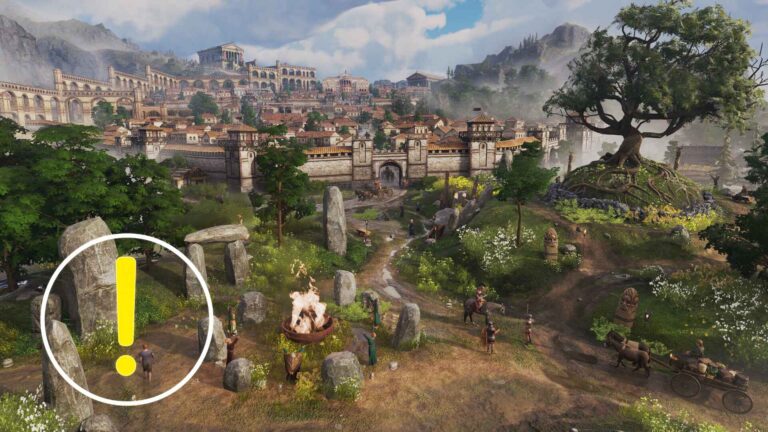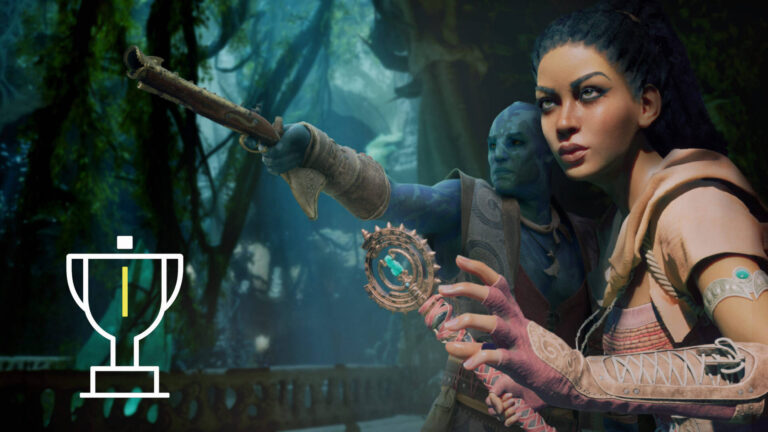Stunning graphics and smooth controls aren’t enough. Studies show that unmet psychological needs can turn fun into frustration.
What actually makes a game “good”? And why does it sometimes feel wrong, even with cutting-edge graphics, smooth controls, and a gripping story? The answer may lie deeper than design or mechanics: in whether a game satisfies or undermines fundamental psychological needs. Two studies reveal how experiences of autonomy, competence, and relatedness shape how we feel while playing — and what happens when those needs are frustrated. Especially in times of crisis, many turn to games seeking relief, but the outcome isn’t always what they hoped for.
From Flow to Frustration: When Games Undermine Our Needs
If you’ve ever felt forced to follow a specific strategy in a game that wasn’t fun, you know the feeling: frustration instead of freedom. That’s exactly the kind of experience researchers examined in two studies, offering a nuanced look at when games enhance well-being and when they become draining. The findings come from a dissertation that explores the tension between need satisfaction and need frustration in gaming.
In Chapter 6 (“What Does Need Frustration in Games Look Like?”), the focus is squarely on frustration. According to the author, many players vividly recall moments when their sense of autonomy, competence, or social connection was restricted—precisely the three needs that, according to self-determination theory, are essential for motivation and well-being.
Autonomy, Competence, Relatedness—And What Happens When They’re Missing
Autonomy frustration occurs when a game forces you to act in ways that don’t feel like your own choice, whether through rigid systems, other players, or external pressures like penalties for mistakes in multiplayer. Competence frustration sets in when you feel stuck, face unfair obstacles, or make choices that seem meaningless. And relatedness frustration is often the trickiest: some players reported toxic interactions with others, while others felt alienated from the game world or disconnected from its community.
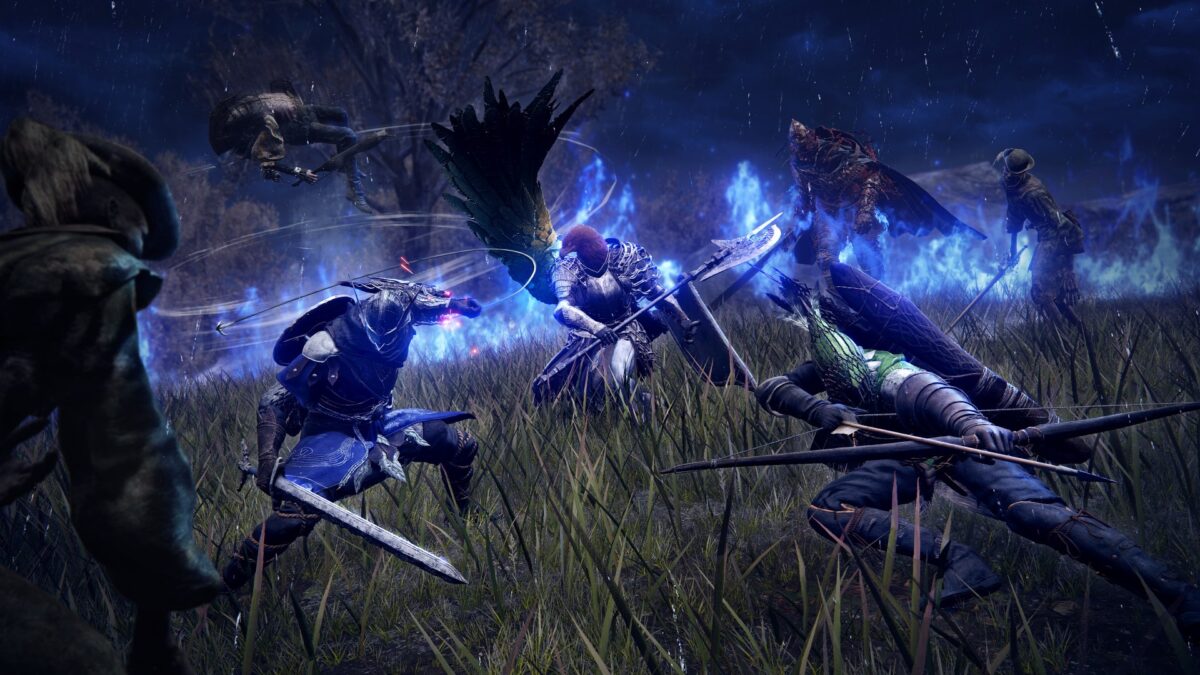
A key finding: frustration isn’t just the absence of satisfaction—it’s a separate phenomenon with its own emotional fallout. Players who feel their needs are thwarted often respond with avoidance: skipping sections, taking breaks, or quitting altogether. At the same time, extrinsic motivation — like keeping up with friends or chasing rewards — can keep people playing despite the frustration.
Compensation Through Gaming? Only Sometimes
The second study (Chapter 7: “Do People Use Games to Compensate for Frustrated Needs During Crises?”) shows that games can serve as a coping tool—especially during difficult times like the COVID-19 lockdown. Many participants described how games gave them a sense of control, progress, or social connection they lacked in daily life. Games became an escape, a space to practice self-efficacy, or a place to feel connected.
You Might Also Like:
But the data tells a different story: players who were already content in real life also reported more fulfilling experiences in games. Those frustrated in daily life, by contrast, were less likely to find their needs met through gaming. One possible reason: players with lower well-being may try to use games for compensation, but don’t experience it as effective—whether because they feel guilty about their playtime, dismiss games as “not serious,” or fall into obsessive play patterns that undermine satisfaction.
Expectations as a Roadblock
Expectations are key. Frustration often arises when a game doesn’t deliver what players hoped for—when you expect freedom but find yourself trapped in rigid rules, or when you crave social interaction but encounter only toxicity. The result: you change how you play, or stop playing altogether.
In short: games can be both sanctuary and source of frustration. What matters is how well they meet your needs for autonomy, competence, and relatedness—and how much faith you place in them to do so. For designers, researchers, and mental health professionals working in gaming, the lesson is clear: don’t just focus on what games get right. Pay attention to what hurts, too.
Study: The Basic Needs in Games Model of Video Games and Mental Health by Nic Ballou



